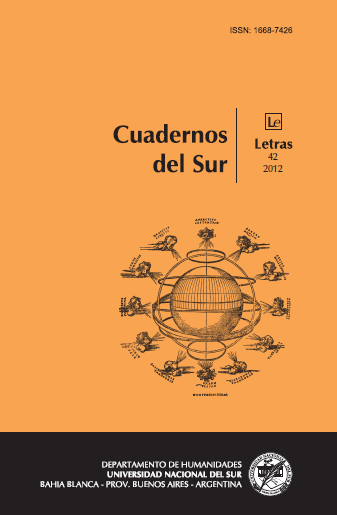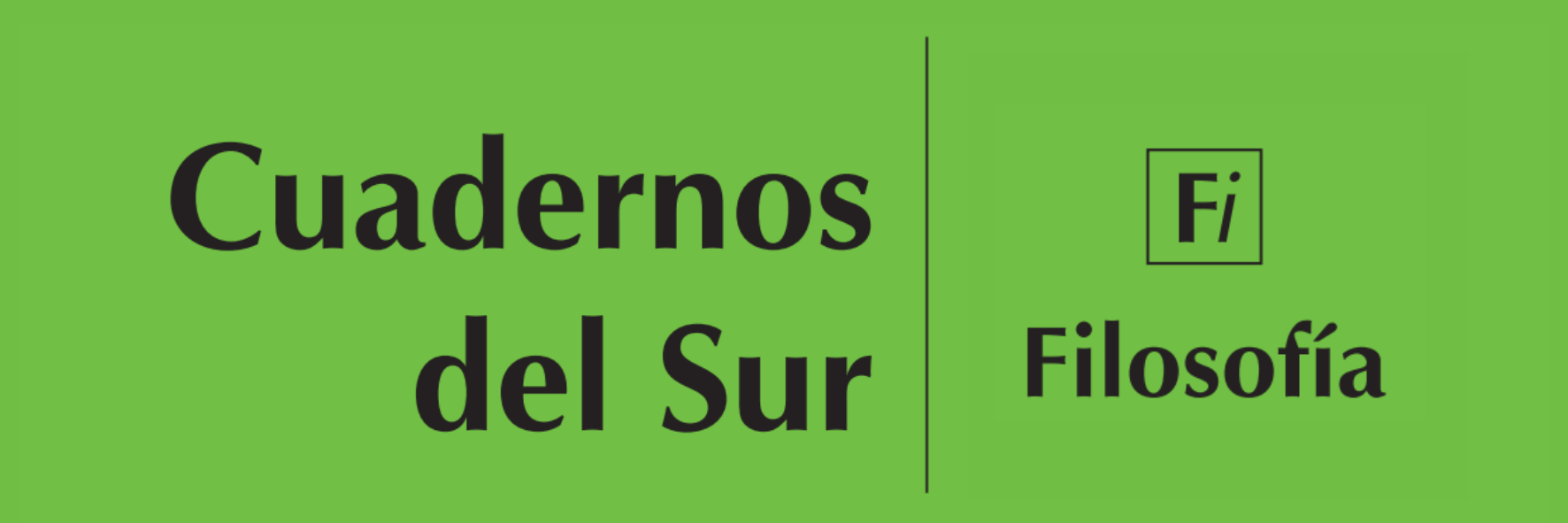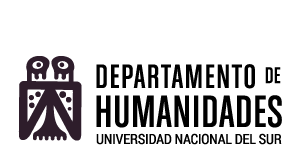El escritor y la rebelión. Una travesía literaria hacia el delito
Keywords:
Crime, Contradiction, ProductionAbstract
The novels of Juan Carlos Martelli Gente del Sur (1975) and Getsemaní(1969) make up the trilogy that cul-minated with Los tigres de la memoria(1997), winning the International Prize Novel “Latin America” in 1973, and recognized as one of the funda-mental texts in the hard boiled period of the Argentine police novels. Still, the nullity of the criticism of these texts shows its movement towards the margin of Argentinean literature. Then we are interested in showing up the configuration process of revolutionary hero / criminal in the troubled social conditions of Latin America in the years of Peronism. The first novel tells the participation of an Argentinean communist writer in a revolutionary process in Peru, and the second, its role in the struggles for power economic pirates regions in Cartagena de Indias. In this passage from rebellion to crime there is a construction of problematic and complex power nodes, around of a series of contradictions confronting different modes of social production organization. So, we interrogate how the productive crime and transgression / subversion contribute to the develop-ment of the contradictions emerging in different modes of production.
Downloads
References
Althusser, Louis y Balibar, Etienne (1965), Para leer El capital. Acerca de los conceptos fundamentales del materialismo histórico, Buenos Aires, Siglo XXI.
Bajtín, Mijail (1986), Problemas de la poética de Dostoievsky, Buenos Aires, Fondo de Cultura Económica.
----------------- (2002), Estética de la creación verbal, Buenos Aires, Siglo XXI.
Cendrars, Blaise (1945), L'homme foudroyé, París, Denoël.
Eagleton, Terry (2013), Marxismo y crítica literaria, Buenos Aires, Paidós.
Feuillet, Lucía (2012), “Delito y violencia en Los tigres de la memoria, de Juan Carlos Martelli”, Revista Afuera. Estudios de crítica cultural, n° 12, [Disponible en http://www.revistaafuera.com/articulo.php?id=243&nro=12].
Gibaja Vargas, Pedro (1983), Movimiento campesino peruano (1945-1964): Algunos elementos de análisis preliminares y una aproximación bibliográfica, Lima, Centro Peruano de Estudios Sociales.
Jameson, Frederic (1974), Marxism and Form. Twentieth Century Dialectical Theories of Literature, New Jersey, Princeton University Press.
------------------------ (1989), Documentos de cultura documentos de barbarie. La narrativa como acto socialmente simbólico, Madrid, Visor.
------------------------ (1999), “Las antinomias de la posmodernidad”, en El giro cultural, Buenos Aires, Manantial, pp. 77-104.
Lafforgue, Jorge (2003), “Prólogo”, en Cuentos policiales argentinos, Buenos Aires, Alfaguara, pp. 11 a 22.
Ludmer, Josefina (2010), Aquí América latina. Una especulación, Buenos Aires, Eterna Cadencia.
Marx, Karl (1973), El capital. Crítica de la economía política, Tomo I, La Habana, Editorial Ciencias Sociales, Instituto Cubano del Libro.
--------------- (1974), Teorías sobre la plusvalía, Tomo I, Buenos Aires, Cartago.
Pastormerlo, Sergio (1997), “Dos concepciones del género policial; una introducción a la narrativa policial borgeana”, en Pastormerlo, Sergio et. al., Literatura policial en la Argentina: Waleis, Borges, Saer, La Plata, UNLP, [disponible en http://www.memoria.fahce.unlp.edu.ar/libros/pm.187/pm.187.pdf].
Downloads
How to Cite
Issue
Section
License
Copyright (c) 2012 Lucía Feuillet

This work is licensed under a Creative Commons Attribution-NonCommercial-ShareAlike 4.0 International License.
Aquellos autores/as que tengan publicaciones con esta revista, aceptan los términos siguientes:
- Los autores/as conservarán sus derechos de autor y garantizarán a la revista el derecho de primera publicación de su obra, el cuál estará simultáneamente sujeto a la licencia Atribución-No Comercial-CompartirIgual 4.0 Internacional CC BY-NC-SA 4.0.
- Los autores/as podrán adoptar otros acuerdos de licencia no exclusiva de distribución de la versión de la obra publicada (p. ej.: depositarla en un archivo telemático institucional o publicarla en un volumen monográfico) siempre que se indique la publicación inicial en esta revista.
- Se permite y recomienda a los autores/as difundir su obra a través de Internet (p. ej.: en archivos telemáticos institucionales o en su página web) una vez publicado su trabajo, lo cual puede producir intercambios interesantes y aumentar las citas de la obra publicada. (Véase El efecto del acceso abierto).









